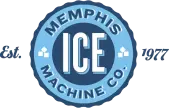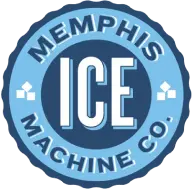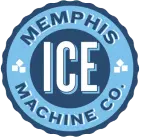proudly serving
the mid-south
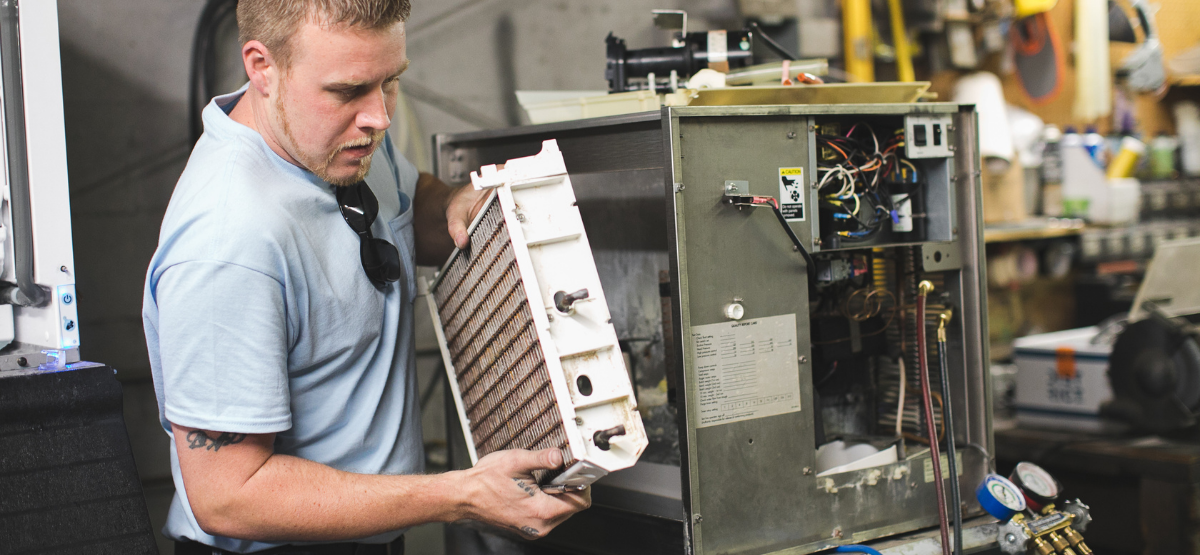
Preventative Maintenance for Ice Machines Tips to Keep Ice Fresh and Machines Running Smoothly
Keeping your commercial ice machine in good shape is vital for your business. Preventative maintenance helps your ice stay clean, keeps the machine running, and helps you steer clear of expensive repairs or downtime. If you skip regular care, mold, bacteria, and scale can build up fast, messing with ice quality and even risking health code violations.
At Memphis Ice, we get how critical it is for your ice machine to run without hiccups—especially when things get busy. A planned maintenance schedule lets you spot small issues before they get out of hand. That way, you can count on your ice machine to serve up fresh, clear ice all year.
Whether you run a restaurant, hospital, or convenience store in the Mid-South, investing in preventative maintenance just makes sense. Letting pros handle the cleaning, filter swaps, and checkups keeps your machine ready to go.
Why Preventative Maintenance for Ice Machines Matters
Looking after your ice machine saves you time, money, and headaches. Regular care keeps it working smoothly and the ice safe for customers. You’ll deal with fewer surprises and keep service running as it should.
Benefits of Regular Maintenance
When you stick to regular maintenance, your ice machine just works better. Cleaning and checking parts stops mold, slime, and minerals from piling up and ruining ice or causing breakdowns. It also protects the taste and look of your ice.
Scheduled maintenance cuts the risk of sudden breakdowns and helps your equipment last longer. You’ll spend less on repairs and replacements. Memphis Ice’s maintenance plans make it simple to keep everything on track.
Risks of Neglecting Ice Machine Care
Skip maintenance and you’ll run into serious problems. Dirt and bacteria can clog things up, cause leaks, and wear out your machine. Repairs for neglected machines? They’re usually pricier than just getting regular service.
Poor upkeep often means bad ice quality, too. If your machine leaks or makes weird noises, don’t ignore it—those are red flags. Letting things slide can mean lost sales and emergency service calls that throw your day off.
Impact on Health and Safety
Ice machines can turn into breeding grounds for harmful bacteria if you don’t clean them. Dirty ice isn’t just gross—it can put customers at risk and get you in trouble with health inspectors. Keeping your machine sanitized is a must.
Regular, thorough cleaning knocks out mold and germs hiding inside. That keeps your staff and customers safe. At Memphis Ice, we’re big on deep cleaning to help you keep a trustworthy business.
Essential Preventative Maintenance Tasks
To keep your ice machine humming, pay attention to cleaning, water filters, and scale buildup. These jobs help you dodge breakdowns, keep ice safe, and avoid pricey repairs.
Cleaning and Sanitizing Components
Ice machines need regular cleaning to stop mold, bacteria, and slime from taking over. Focus on the ice bin, condenser coils, and water reservoir—those spots get dirty fast. Use approved cleaners and follow the manufacturer’s steps.
Sanitize at least once a month, more if your machine gets heavy use. This keeps ice fresh and safe. Clean surfaces also help prevent odors and make your machine run smoother. If you skip this, you’re asking for trouble.
Inspecting Water Filters
Water filters matter more than you might think. They pull out stuff that can mess with ice taste and help stop mineral scale. Check your filters every 3 to 6 months—or sooner if your ice seems off in color, taste, or shape.
Swap filters on time to keep your machine happy and prevent clogs. Fresh filters mean better water flow and less wear on the inside parts. Jot down replacement dates so you don’t forget. Your ice will look and taste better for it.
Checking for Scale and Mineral Buildup
Hard water leaves scale and minerals inside your ice machine. That gunk blocks water flow and drags down ice production. Watch for white or chalky stuff on the evaporator plate and other parts.
Use a descaling solution made for ice machines every few months, or as needed. Keeping an eye on scale helps you avoid major breakdowns and keeps your machine efficient. Memphis Ice always recommends staying ahead of buildup to protect your investment.
Routine Maintenance Schedules
You need a routine—daily, weekly cleaning, and monthly checkups—to keep your ice machine running its best. These steps prevent breakdowns, boost ice quality, and help your machine last longer.
Daily Maintenance Tasks
Every day, check the water supply for flow and cleanliness. Look at the drain to make sure it’s not blocked—clogs lead to leaks or mold.
Wipe down the outside and the ice bin with a clean cloth. This keeps dirt and bacteria away and helps ice stay fresh. Use mild detergent and water if you need to, but skip harsh chemicals.
Make sure the machine’s off or in the right mode when you’re not using it. That cuts down on wear and saves energy. These small daily habits really do head off bigger issues.
Weekly Maintenance Routines
Once a week, clean the water filter to stop mineral scale from building up. Wipe down condenser coils if you can reach them—dust makes the machine work harder than it should.
Listen for leaks or odd noises. If something sounds off, it’s probably time to call for service.
Sanitize ice bins and parts that touch ice with a safe sanitizer. Weekly cleaning keeps things in shape between pro visits.
Monthly and Quarterly Inspections
Monthly, check water lines for cracks or clogs. Flush the system to clear out sediment and cut down on scale.
Every few months, bring in a pro for a deep clean and inspection. They’ll check electrical parts, clean hard-to-reach spots, and test safety controls.
Memphis Ice offers maintenance programs that fit your schedule, so you don’t have to stress about remembering. With these routines, your machine will be ready for the next rush.
Common Issues Detected During Maintenance
Regular maintenance gives you a heads-up on problems before they get expensive. Spotting issues early keeps your ice machine running and saves you hassle.
Unusual Noises or Vibrations
Hear strange sounds or feel vibrations? That’s a warning sign. Motors or other parts could be loose or starting to fail. Grinding, rattling, buzzing—none of that’s good.
Machines making weird noises are working too hard, which can lead to bigger problems fast. Don’t ignore it.
Call a repair tech if you notice these signs. They’ll check for loose bolts, worn parts, or motor trouble and fix it before it gets worse.
Decreased Ice Production
A drop in ice output is a classic maintenance catch. If your machine is slow or not making enough ice, you could have clogged filters, dirty coils, or water supply issues.
Low ice production is a pain for business and usually means something’s off inside the machine.
Cleaning filters, checking water flow, and inspecting cooling systems usually solve it. Stay on top of these and your ice supply should stay steady.
Water Leak Detection
Leaks are a big deal. During maintenance, look for water pooling around the machine or dripping from hoses. Leaks might come from bad seals, busted hoses, or water inlet problems.
Leaks can wreck your floors, mess up ice quality, and even create safety hazards. Plus, they’ll spike your water bill.
Catch leaks early and get them fixed before they cause more damage. Regular checks make a difference. If you see a leak, call a tech to sort it out.
Memphis Ice has helped plenty of local businesses avoid these common headaches with solid maintenance and quick repairs.
Choosing the Right Cleaning Products
Picking the right cleaning products makes routine maintenance easier and helps your machine last. The right cleaners keep ice fresh and safe. You’ll want to know what works best for your setup and whether to go natural or commercial.
Recommended Cleaners for Ice Machines
Go for cleaners made for ice machines. They dissolve mineral buildup and kill bacteria without wrecking your equipment. Look for FDA-approved or food-safe products that handle scale and sanitize surfaces.
A few types to know:
- Acid-based cleaners: Tackle tough mineral and calcium deposits.
- Sanitizers: Kill bacteria and stop mold.
- Detergents: Gentle enough for regular wipe-downs.
Avoid household cleaners, bleach, or ammonia—they can damage your ice machine or leave nasty residues. Your manual should list safe products. Memphis Ice can help you pick the right cleaner for your needs.
Natural vs. Commercial Solutions
Natural cleaners like vinegar or lemon juice are gentle and chemical-free. They’re good for light cleaning, but don’t expect them to bust heavy scale or kill every germ. They’re cheap and safe, but you’ll need to use them more often.
Commercial cleaners are stronger and made for the tough stuff. They work faster and clear out heavy buildup, but you’ve got to follow directions carefully and rinse well.
Mix it up—use commercial cleaners for deep cleans and natural ones for regular touch-ups. That’s what Memphis Ice techs usually suggest to keep machines running longer.
Professional Maintenance Services
Sometimes, you just need a pro. Knowing when to call for help and what happens during a service visit can save you from unexpected breakdowns and keep your machine running all year.
When to Call a Technician
Call a technician if your machine is slow, noisy, or making cloudy or weird-tasting ice. These are signs it needs cleaning or maybe a quick fix before something bigger goes wrong.
Don’t skip scheduled maintenance visits—they’re your chance to catch trouble early. If your machine stops making ice or starts leaking, get expert help right away.
Memphis Ice techs have seen it all and work fast to keep your downtime short so you can get back to business.
What to Expect During a Professional Visit
When a tech shows up, they’ll start by inspecting your ice machine top to bottom. They’ll clean key parts like filters, coils, and water lines, making sure everything’s running cold and clean.
A standard visit takes about an hour, depending on how things look. The tech checks refrigerant, electrical stuff, and runs tests to make sure your ice is clear and tastes right.
You’ll get honest feedback. If repairs or replacements are needed, they’ll explain what’s up and give tips for keeping things smooth between visits. With regular pro service, your ice machine should last longer and work better—simple as that.
Tips to Extend Ice Machine Lifespan
A few practical steps can really help your ice machine run smoother and stick around for the long haul. Picking the right spot and watching the room’s temperature go a long way toward preventing breakdowns and keeping your ice clean and clear.
Proper Machine Placement
Where you put your ice machine actually matters. Don’t stick it near ovens, dishwashers, or anywhere it’ll get blasted by direct sunlight. Heat just makes it work harder and wears it out faster.
Make sure there’s space all around—at least 3–6 inches—so air can move freely. If you shove it in a tight corner, the compressor can overheat, and nobody wants that.
If you have the option, set up your ice machine in a climate-controlled area. Outdoor or unheated spaces can mess with the machine, leading to ice buildup or mechanical headaches. Memphis Ice suggests a spot with good ventilation, away from wild weather.
Monitoring Room Temperature
Try to keep the room temperature between 50°F and 90°F. If it gets too cold, parts inside can freeze up or slow down. Too hot, and you’re risking breakdowns from overheating.
Check the area with a thermometer now and then. Adjust with fans, heaters, or A/C as needed. Oh, and don’t put the machine right next to a vent blowing hot or cold air directly at it.
If the temperature in your space swings a lot, maybe think about extra insulation or just moving the machine. It’ll help avoid extra strain, cut down on ice buildup, and your energy bill might even thank you.
Record Keeping and Maintenance Logs
Keeping track of your ice machine’s maintenance isn’t just busywork. Jot down every cleaning, part swap, and service call. That way, you know exactly what’s been done and when the next checkup’s due.
A simple maintenance log should have:
- Date of service
- What got done
- Parts replaced
- Who worked on it
- Any notes or weird stuff noticed
Use whatever works—old-school notebook, spreadsheet, or even an app. When you see patterns or the same issue keeps popping up, you can jump on it before it gets expensive.
At Memphis Ice, we always tell folks to keep logs somewhere the team can update them easily. It just keeps everyone on the same page and helps your ice machine keep chugging along.
Good records also make inspections way less stressful. If someone checks up on you, your maintenance logs prove you’re doing things right. That means your ice stays clean and safe for customers.
Plus, when you call in a technician, sharing those logs can help them figure things out faster. Less downtime, less money out the door. It’s a small habit that saves a lot of hassle.
Sustainability and Energy Efficiency Considerations
Keeping your ice machine in shape isn’t just about avoiding breakdowns. It also helps you use less energy and cut your environmental impact. If you let things slide, your machine guzzles more electricity and your bills creep up.
Do the basics: clean filters, keep airflow clear, and use energy-saving settings if your machine has them. Many have a standby mode for slow times—use it. It gives the compressor a break and keeps energy costs down.
Honestly, we’ve seen at Memphis Ice how regular maintenance saves businesses money and keeps ice top-notch. When your machine runs right, you waste less power and it just lasts longer.
Quick checklist for better energy efficiency:
- Clean or swap out filters often
- Use standby mode when you can
- Get pro tune-ups to catch stuff early
- Make sure air can flow around the machine
Taking care of your ice machine isn’t just smart for your wallet—it’s the right move for sustainability too. When you work with Memphis Ice, we help keep your equipment efficient and ready for whatever comes next.
Frequently Asked Questions
Regular care and timely checks keep your ice machine humming along and help you dodge costly repairs or downtime. Knowing what to do, how often to get service, and how to spot trouble helps you protect your investment.
What steps are included in a typical ice machine maintenance checklist?
A good maintenance check means cleaning the ice bin and filters, checking water lines, and looking for mold or slime. The technician should also test mechanical parts, clean the condenser coils, and make sure your ice stays safe.
How often should I schedule maintenance for my commercial ice machine?
Usually, twice a year works for most businesses. If you’re using the machine nonstop, you might want to schedule more frequent visits to keep things running smoothly.
What are common troubleshooting tips for commercial ice machines?
If the machine’s making weird noises, spitting out less ice, or leaking water, it’s time for a checkup. Regular cleaning helps prevent clogs and funky tastes. Swapping out old gaskets can fix a lot of little issues, too.
What is the average cost of maintaining an ice machine?
It really depends on your machine’s size and condition, but routine maintenance usually costs less than emergency repairs. Staying on top of service saves you money in the long run and helps your machine last.
How can I find a reliable ice machine maintenance service near me?
Look for a company that knows commercial ice machines and refrigeration. You want someone who responds fast and offers clear maintenance plans that fit your business. Memphis Ice has been helping Mid-South businesses with reliable service since 1977.
What should I look for when selecting a professional for commercial ice machine repair?
Look for technicians who really get commercial equipment and don’t hide their prices behind confusing jargon. It helps if they’re upfront about what’s going on, give you honest advice about maintenance, and actually seem to care that your machines work. Companies like Memphis Ice? They just want your ice and refrigeration to be one less headache in your day.
Recent News
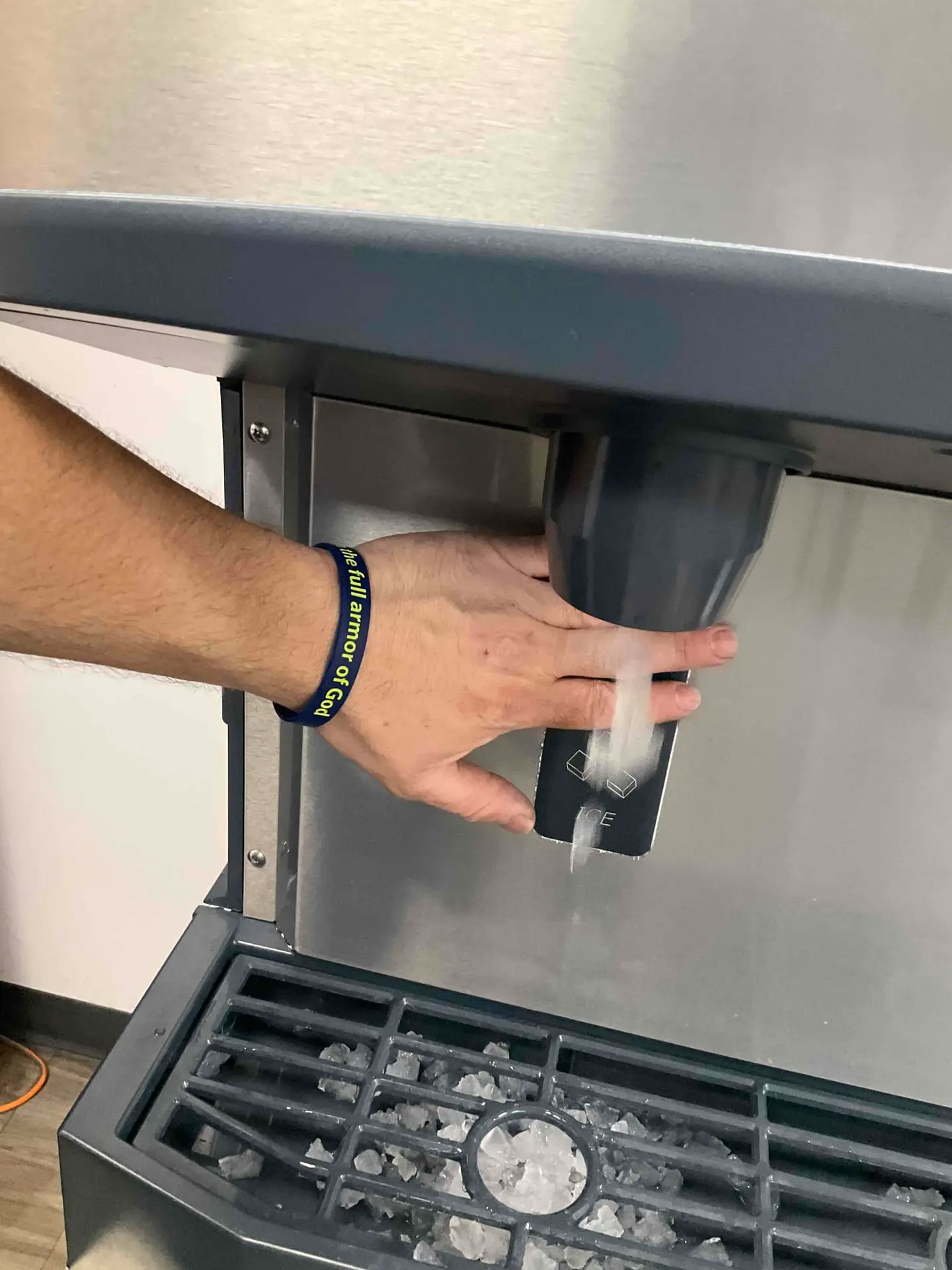
Steps to Reduce Energy Costs with Efficient Refrigeration Units for a Greener Home
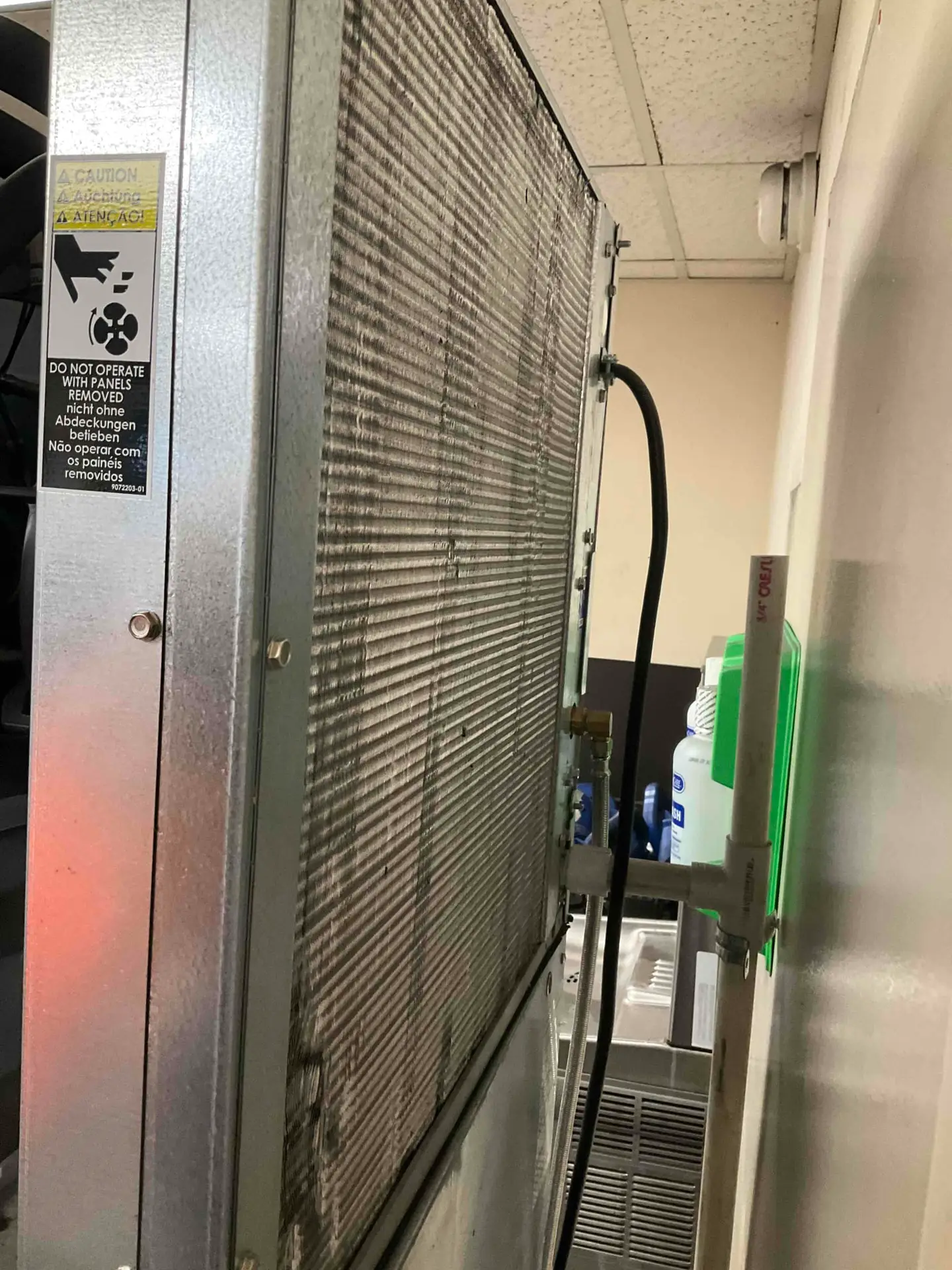
Event Refrigeration Rental Services Made Easy for Your Next Celebration
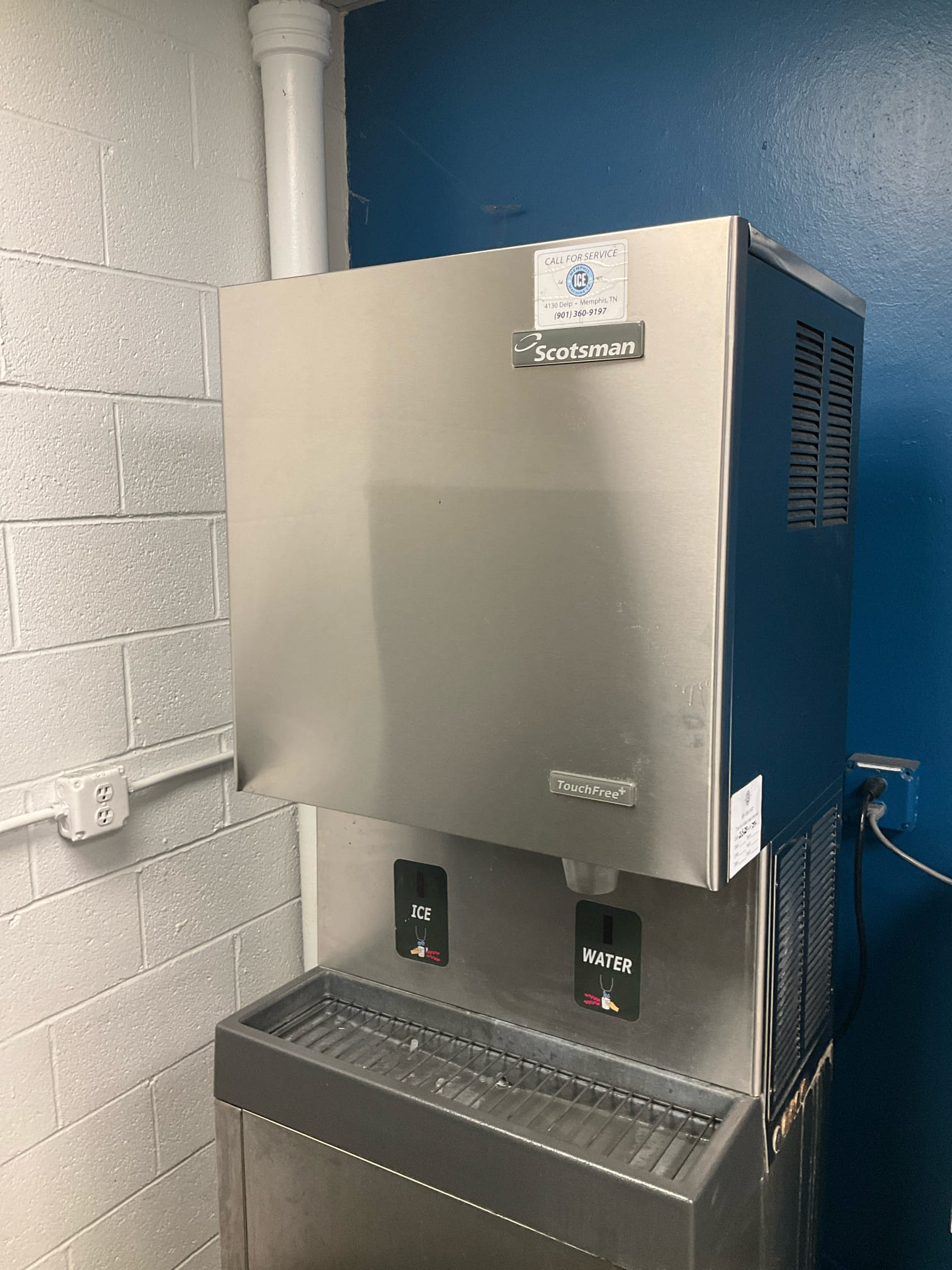
Energy Rebates for Refrigeration Equipment Made Easy and Affordable
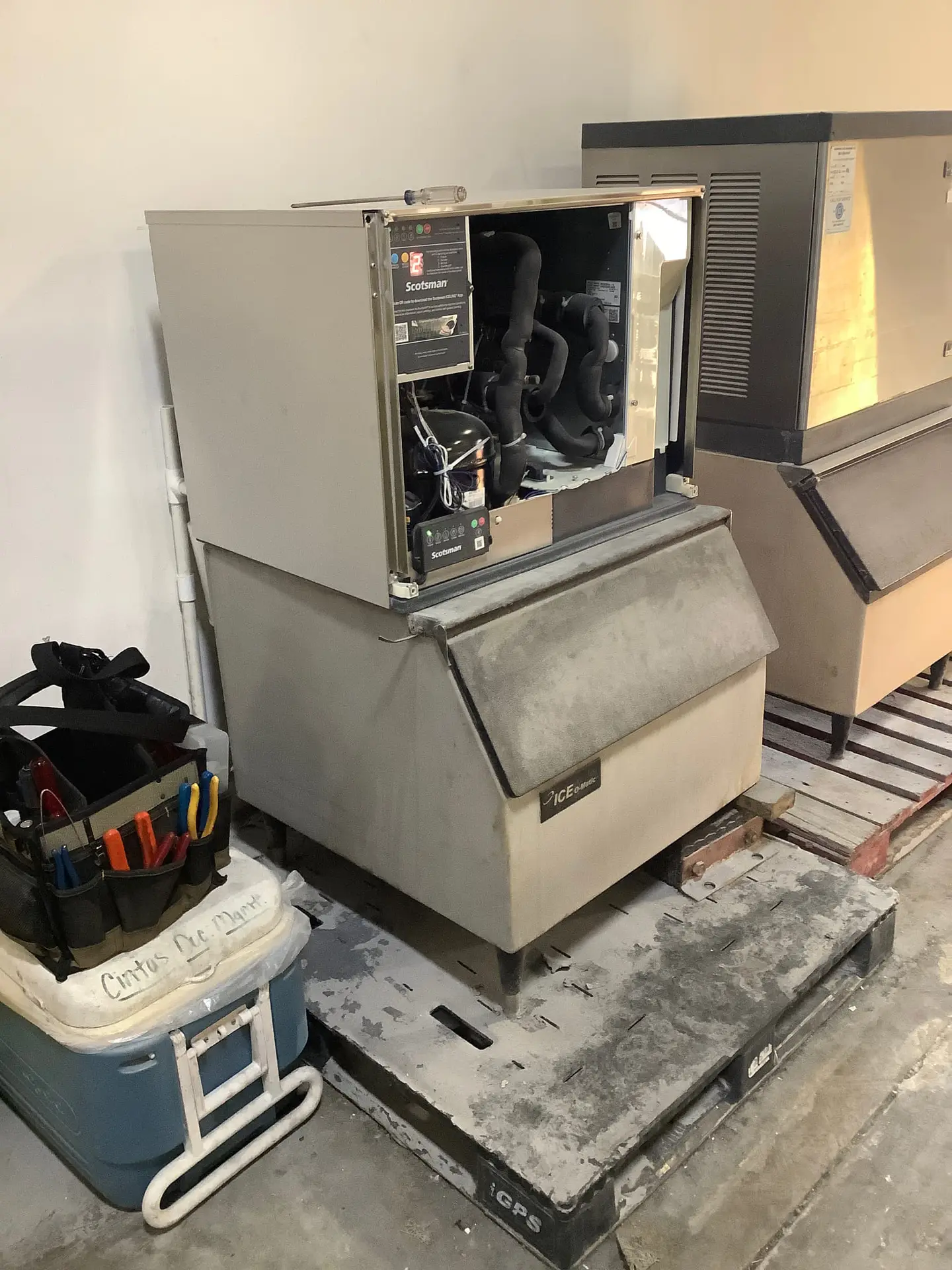
Tips for Avoiding Cross-Contamination in Ice Storage

Planning Ahead: Why February Is Smart Timing for Ice Machine Upgrades or Rentals
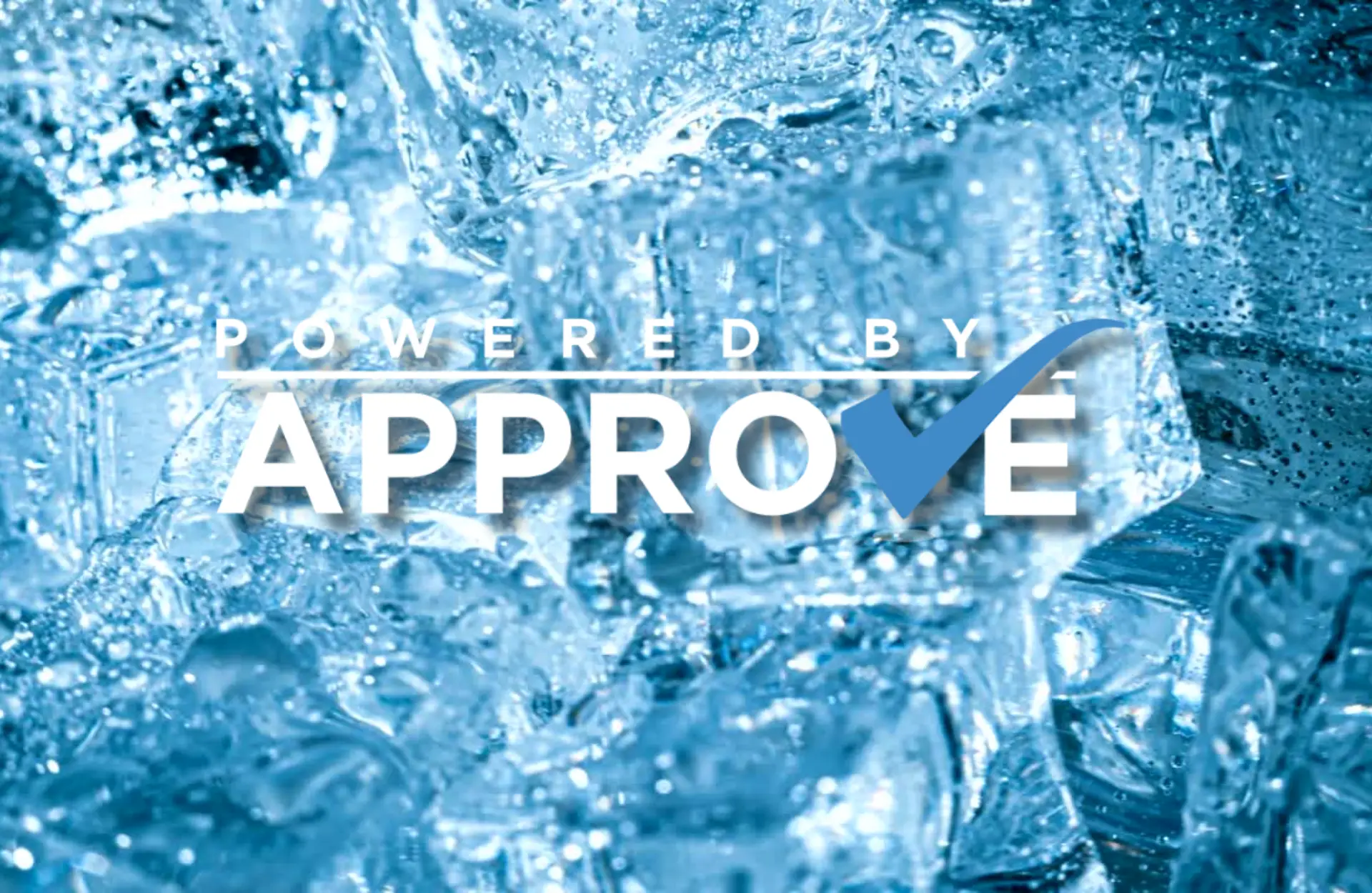
Introducing Financing Through APPROVE: Flexible Payment Options Now Available

